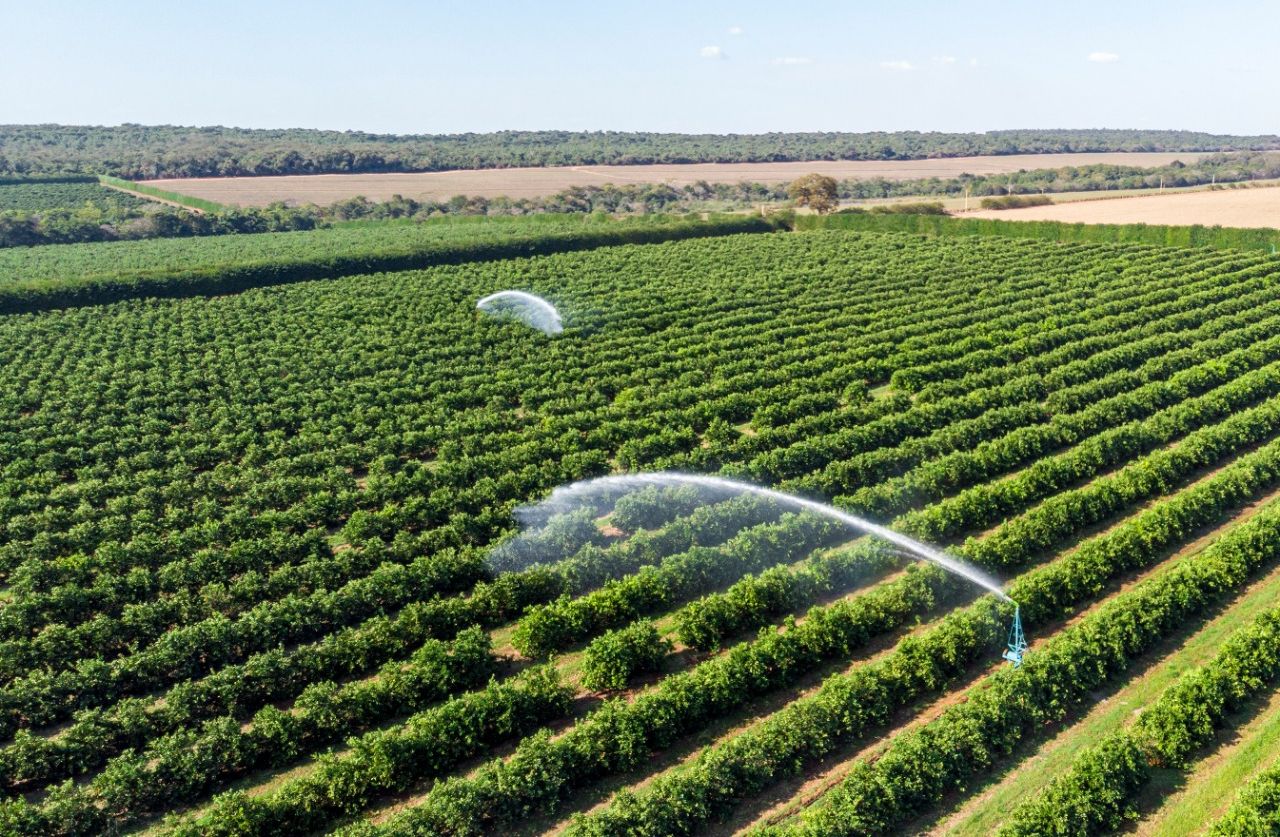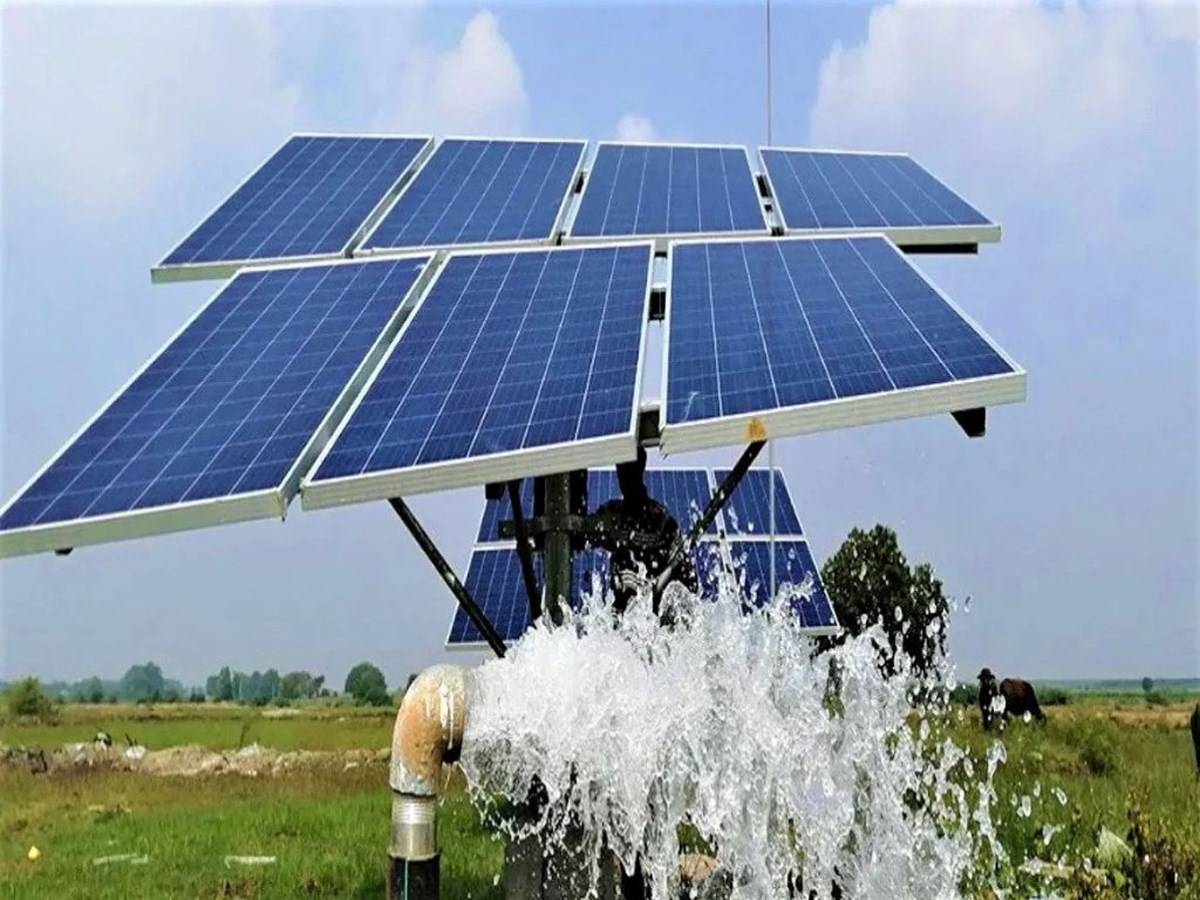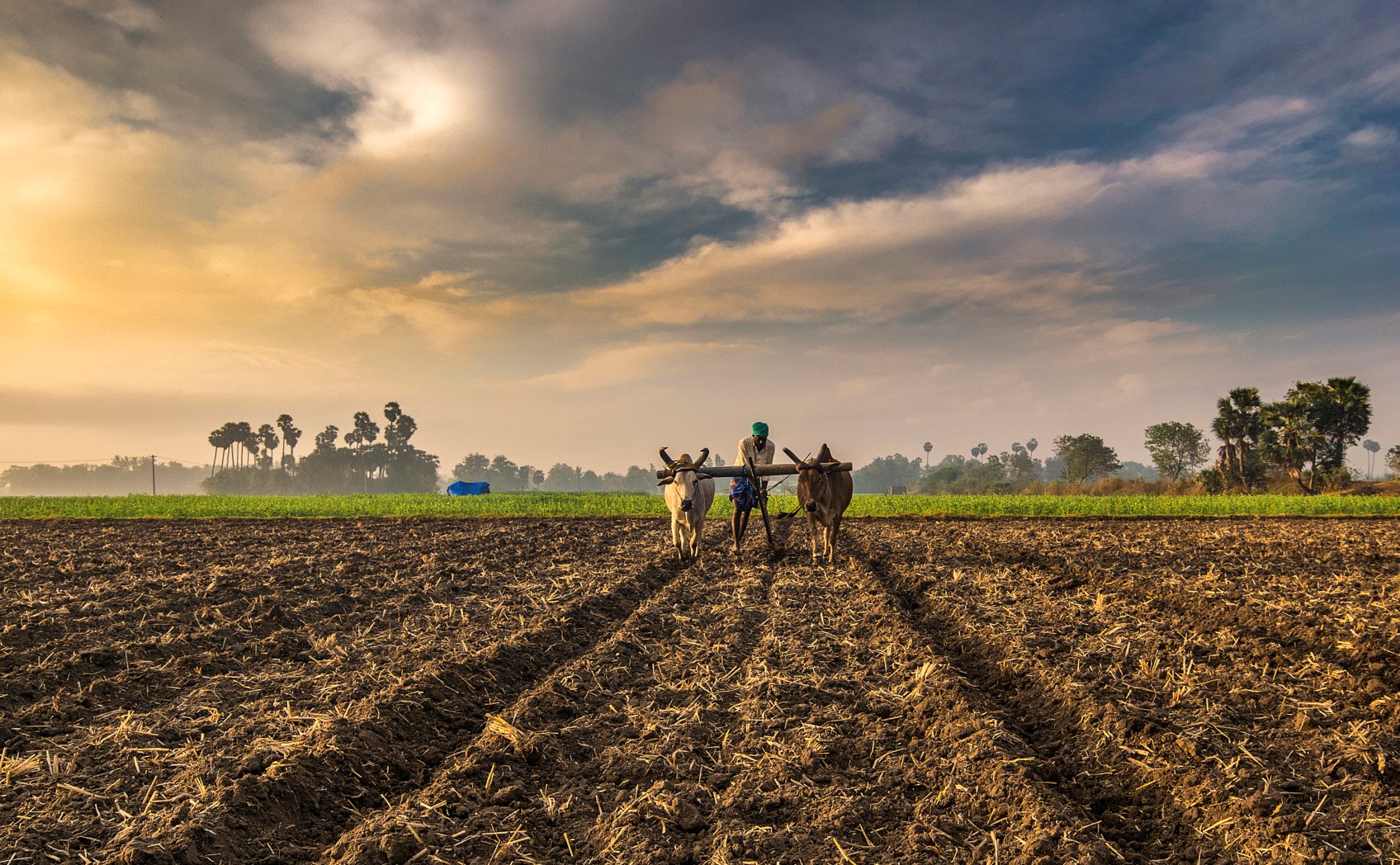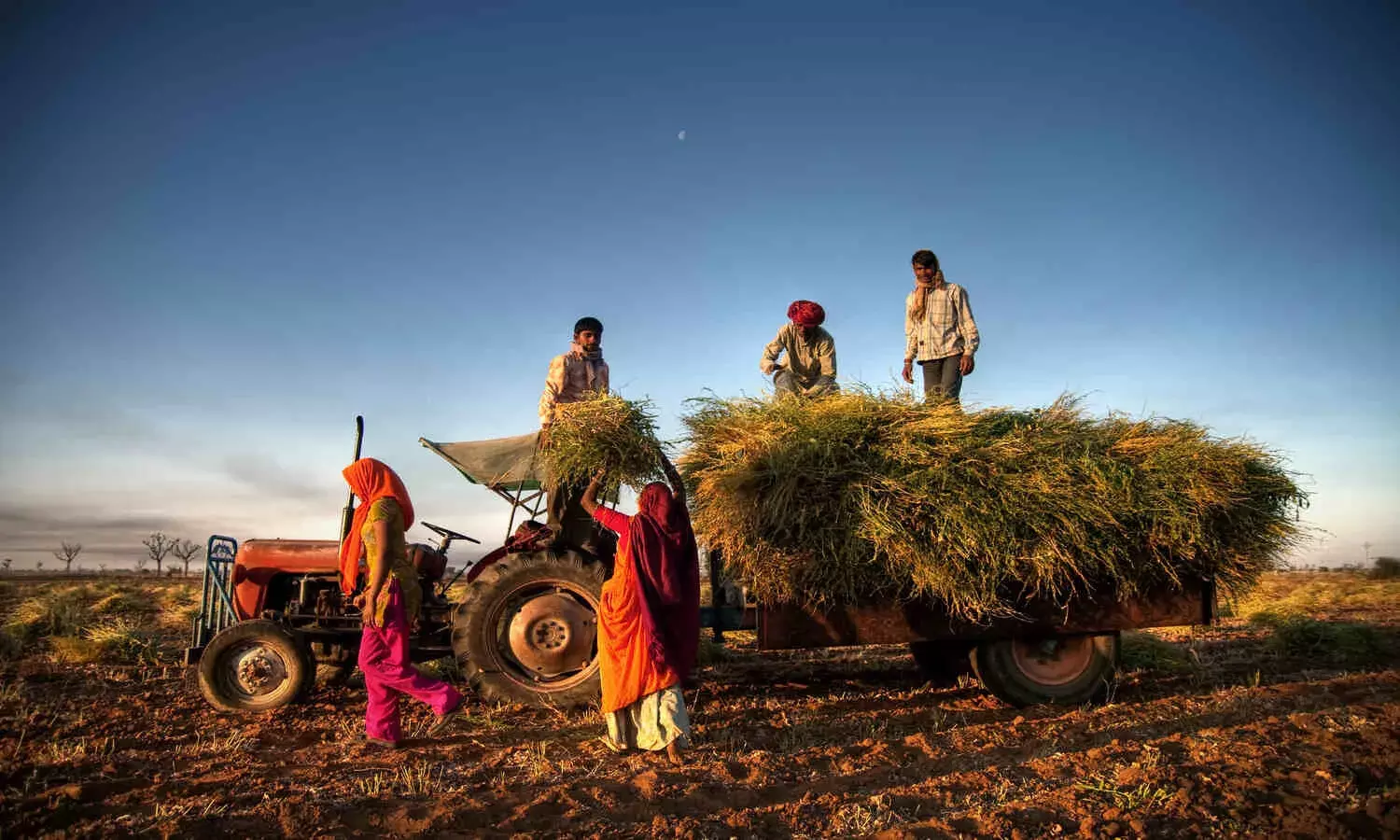House Panel 2023: Small Farmers to receive Funds for Mechanisation

House Panel 2023: Small Farmers to receive Funds for Mechanisation
Currently, 86% of all land holdings are classified as small or marginal, necessitating particular efforts for mechanisation.
According to a parliamentary panel’s study, the government has to spend more on farm mechanisation research and development since it is essential to raising agricultural productivity and production, especially for small and marginal farmers.
According to the standing committee on Agriculture, animal husbandry, and food processing’s (2022-23) report on “research and development in farm mechanisation for small and marginal farmers in the country,” the agriculture ministry allocated 30% less money for research and development to the farm mechanisation programme between FY20 and FY23.

The panel has recommended that the agriculture department make a solid case for the finance ministry for the urgent need to fund research and development for farm mechanisation, which is essential for increasing agricultural productivity and output.
The amount of money allotted for the R&D in the agricultural mechanisation plan has steadily decreased, from Rs 217 crore in 2019–20 to Rs 179 crore in FY23.
According to the panel, the country’s overall agricultural mechanisation level is now about 47%, which is lower than that of other emerging nations like China (59.5%) and Brazil (75%).
The panel has encouraged the Ministry of Agriculture to work towards increasing agricultural mechanisation from its current level of 47% to 75% in a much less time than 25 years ago.

According to the panel, the contribution of agricultural mechanisation in India results in savings in seed (15%–20%), fertiliser (15%–20%), cropping intensity (5%–20%), increase in crop yield (13%–23%), improvement in germination rate (7%–25%), and workforce cost (20%–30%).
Currently, small and marginal size groups make up around 86% of all land holdings, necessitating particular efforts for mechanisation.
According to the panel, the government helps farmers by offering incentives for purchasing machinery that would increase agricultural input and farm power availability. For this objective, the pastoral ministry had set aside Rs 5,490 crore from 2014–15 to 2022–23.
Tractors, power tillers, combine harvesters, rotavators, threshers, and rice transplanters are just a few of the pieces of machinery that have seen an increase in demand in recent years, according to the panel study. It requested the agricultural ministry to conduct organised research to ascertain the country’s degree of mechanisation in concrete terms.

As the demands of the global food system continue to grow, there is an increasing need for sustainable and efficient farming practices. Among the strategies at the forefront of this revolution is the mechanisation of smallholder farming, a topic that has garnered attention from the 2023 House Panel. The panel recently recommended that more funds be allocated to support automation for small farmers.
This decision stems from an understanding of smallholder farmers’ critical role in food security and economic development, coupled with the vast potential benefits of mechanisation.
Smallholder farming constitutes a significant portion of the global food production system. In developing nations, small farms account for 70-80% of food production. Despite their crucial role, these farmers often work with limited resources, lower yields, and under challenging circumstances, making them vulnerable to economic instability and climate change impacts.

Mechanisation refers to using machinery and technology to perform agricultural tasks traditionally done manually or with animal power. Mechanisation can lead to several significant benefits for smallholder farmers:
- Increased Productivity: Mechanisation can significantly increase the efficiency and productivity of small farms, which can, in turn, lead to higher incomes and better living standards for farmers.
- Labour Saving: Using machinery can free up valuable time for farmers, allowing them to engage in other income-generating activities and reducing the need for heavy manual labour.
- Sustainable Farming Practices: Mechanisation can enable more sustainable farming practices, such as precision farming, which can minimise inputs like water and fertiliser, leading to cost savings and environmental benefits.
The House Panel’s recommendation for increased funding for mechanisation reflects the recognition of these potential benefits. The panel stressed the importance of investing in the modernisation of agriculture, particularly for small farms, to boost productivity and sustainability.
According to the panel, the funds should be used to:
- Support the acquisition of appropriate machinery and technology for small farms.
- Provide training and technical support to farmers to help them adopt and use these technologies effectively.
- Develop innovative financial models that make mechanisation affordable and accessible to small farmers.
While mechanisation holds excellent promise for smallholder farming, some challenges must be addressed.
Mechanisation can be expensive, and many small farmers may need more resources to invest in machinery. The panel’s recommendation of increased funding is a step in the right direction, but additional efforts will be required to ensure these funds are accessible to the farmers who need them most.
Moreover, the mechanisation process should be sensitive to smallholder farmers’ specific needs and circumstances. Not all technologies will be suitable for all types of farms and regions. The choice of machinery should take into account the local conditions, crops, and farming systems.

The House Panel’s recommendation reflects a growing recognition of the importance of mechanisation for smallholder farming. If adequately implemented, increased funding for automation can be a game-changer for small farmers, leading to increased productivity, income, and sustainability.
However, these efforts must be carried out in a way that is inclusive, accessible, and tailored to the specific needs of small farmers. This will require continued dialogue and collaboration between policymakers, farmers, researchers, and other stakeholders. The road to a more sustainable and productive future for smallholder farming is long, but with suitable investments and support, it is a journey that can be embarked on with confidence.


